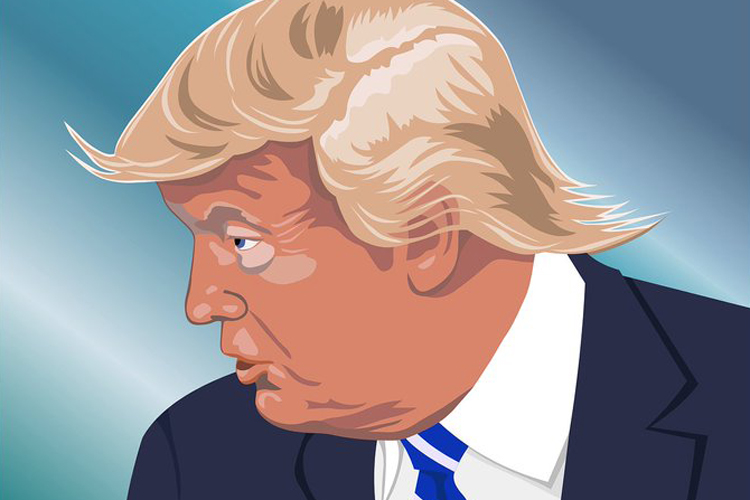¿Estás de acuerdo en la eliminación de cuentas de Trump? El proyecto ‘Beers&Politics’ considera que es «un tema complicado» y, a raíz de la suspensión de la cuenta del presidente de EEUU, Donald Trump, en Twitter, Facebook y YouTube, ha pedido opinión a 60 personas, «para aprender y que nos ayuden a entender».
Estoy muy agradecido a los compañeros de ‘Beers&Politics’ por haber contado conmigo. En síntesis, mi opinión es que estoy en contra de la decisión de Twitter porque esta plataforma se erige en árbitro del debate político, pero tomando parte por un bando. Como otros monopolios que han operado a lo largo de la historia, Twitter pretende estar por encima de las autoridades y dictar qué se puede decir y qué no.
Puedes leer el artículo con todas las opiniones de los expertos en este enlace.
Mi posición se identifica bastante con las reflexiones de Branko Milanovic y de Luigi Zingales, a quien este doctor en Económicas cita en su cuenta de Twitter. Según Zingales: «It would have been different if Twitter and Facebook had stopped promoting Trump’s tweets and posts (as they have systematically done until now to attract more customers on their platforms). This is in their editorial discretion. But excluding somebody from accessing their platforms is tantamount to a telephone company preventing an individual from accessing the phone. It is an extraordinary limitation of his personal freedom, which can only be imposed by the legitimate political authority following due process, not by private firms. The telephone example is not accidental. Twitter and Facebook are not random private companies, they represent (as the telephone in the past) a basic infrastructure of communication».
Sobre el mismo tema, Milanovic comenta: «Twitter and Facebook are indeed natural monopolies b/c their «value» to us increases w/ the number of users. So having the freedom of speech to write on a platform that is read by 3 people is very different from a platform with 3 billion. As I wrote before, Twitter is going down the slippery slope where it is mimicking totalitarian govts w/which it claims to disagree: by using its monopoly to take a function that only extreme govts (from the Middle Ages to Mao) have taken: to decide what is true & what is false. So a tool (Twitter) is becoming the arbiter of truth. It is like a paper company deciding whether a text written on their paper is true or false. While being the only paper company in town».
Para el doctor, el debate es anterior a la polémica de Trump: «this discussion started several months ago when Twitter labelled Chinese and Russian media «state-affiliated» without doing the same with the state-owned BBC, DW, VoA etc. It absolutely made no sense except if you take it that Twitter is an arbiter of truth. Moreover even if Twitter labelled all state-owned media the same, it would be still wrong because it would presume that privately-owned media (say, WaPo owned by Bezos or Bloomberg owned by Bloomberg) are somehow «objective», «truthful». So, if consistent, you would have to label them too: «billionaire-affiliated media». And then you would continue with other media until every tweet would be labelled. People who defend Twitter as the ultimate arbiter of truth point out that it is a private company and hence it can have any rules it likes. They forget that this is not the case: housing company or a restaurant cannot refuse to serve b/c of your gender or race».


